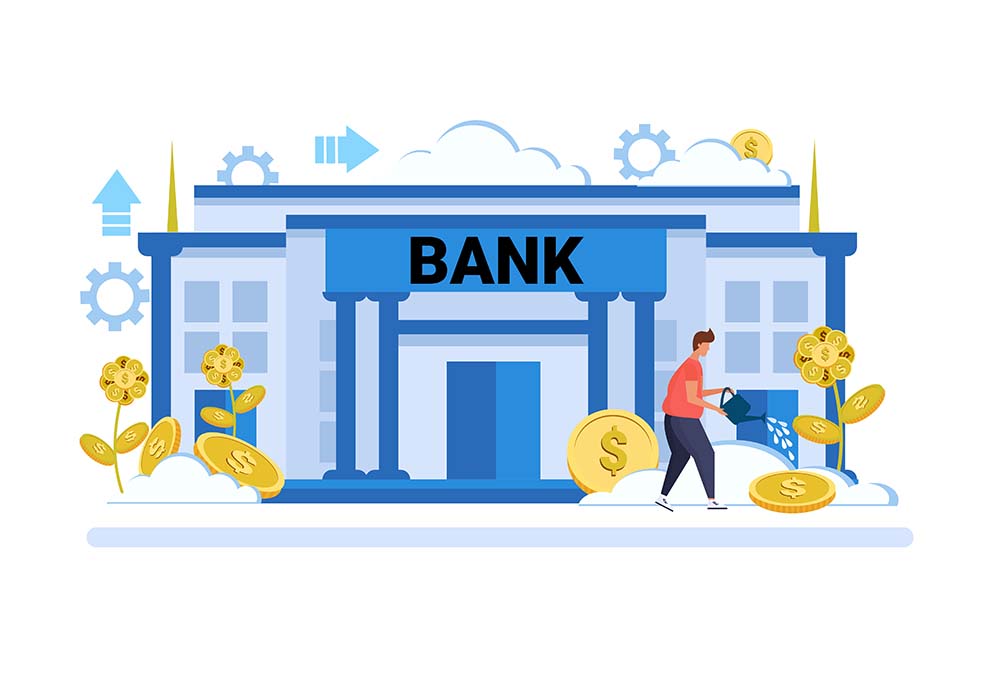How to Get the Best Bank Loan Rates with Bad Credit
We all know that the best bank loan rates are granted to people with great credit scores. But does this necessarily mean that when you have a bad rating, you inevitably get a bank loan with poor financial conditions? Here are a few tips that will let you get a loan despite bad credit.

Choose the least expensive loan
Not all loans cost the same, and one of the reflexes to have when you have bad credit and need to take out a loan is to identify the loans that you can claim in order to avoid the formulas that wind up costing the most (for example, credit cards and especially store cards, whose rates are often around 20%, or payday loans and quick loans, whose rates can reach up to 35%). By conducting this analysis, you’ll find that it’s often more advantageous to obtain a personal loan, the ideal being, of course, to repay it as quickly as possible to minimize the fees.
Limit your debt
Before granting a loan, in addition to examining the income, the lender will verify the borrower’s debt ratio and calculate the debt service ratio, or DSR. If they find that all the commitments (car loan, credit cards, lines of credit, etc.) remain low compared to the income, they can deduce from this that the borrower will be able to repay the new loan and that the risk to them is limited, and they are usually more willing to make an effort on the loan rate.
Offer the banker collateral
Another solution that not only lets you get a loan more easily and apply for a higher loan amount but also obtain a better rate involves securing the loan with the value of your house or another asset, such as a vehicle. The lender then places a lien on the asset provided as collateral, which lets them become the owner of it if you don’t repay your loan. In addition to providing them with total security, this formula allows the lender to trust the borrower more—two reasons that strongly encourage them to offer a better interest rate.
Opt for a mortgage with a low down payment
If you are taking out a mortgage, you can get a better rate despite a bad credit rating if your down payment is less than 20% of the cost of the property. As these loans are necessarily accompanied by mortgage insurance against payment defaults, the lending institution knows that they aren’t running any risk, since they will be paid no matter what. Under these conditions, banking institutions usually offer lower rates to their clients, even if they have bad credit.
While a few tricks will help you get loans at more reasonable rates while waiting for your credit rating to improve, nothing is stopping you from simultaneously working to rebuild your credit. In other words, if you want to earn points, you should make a budget and follow it, pay your bills on time, limit new loans, and opt for a secured credit card, which should only be used up to 50% of the authorized limit. And if you have multiple credit cards with unpaid balances, you can also take out a personal loan and consolidate your debts at a lower interest rate.
